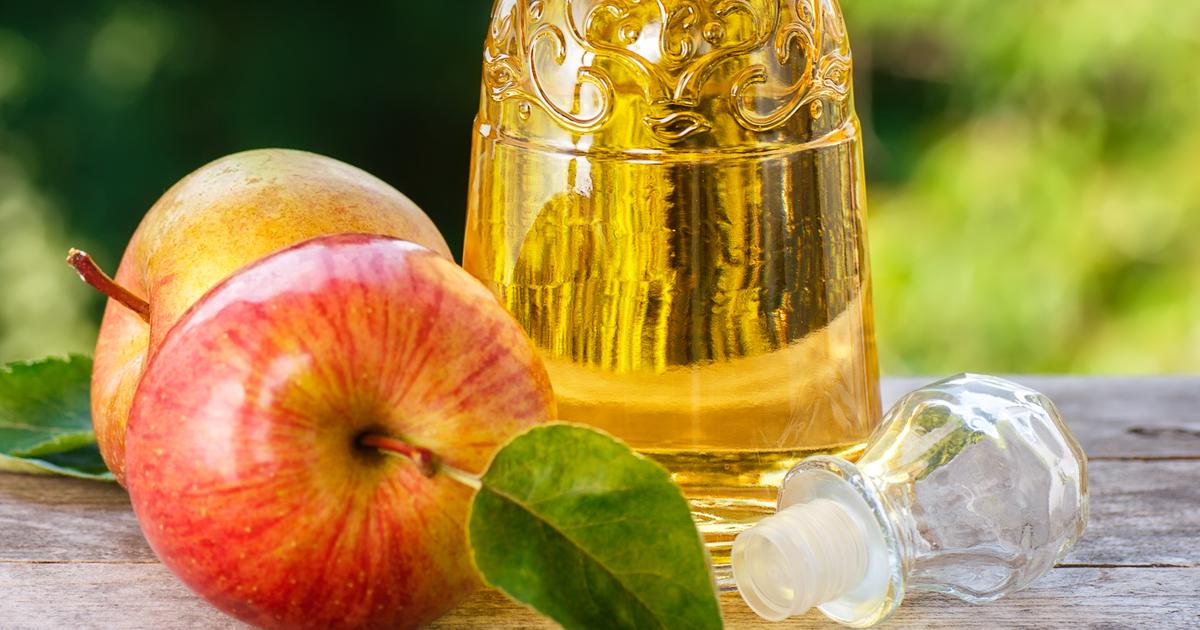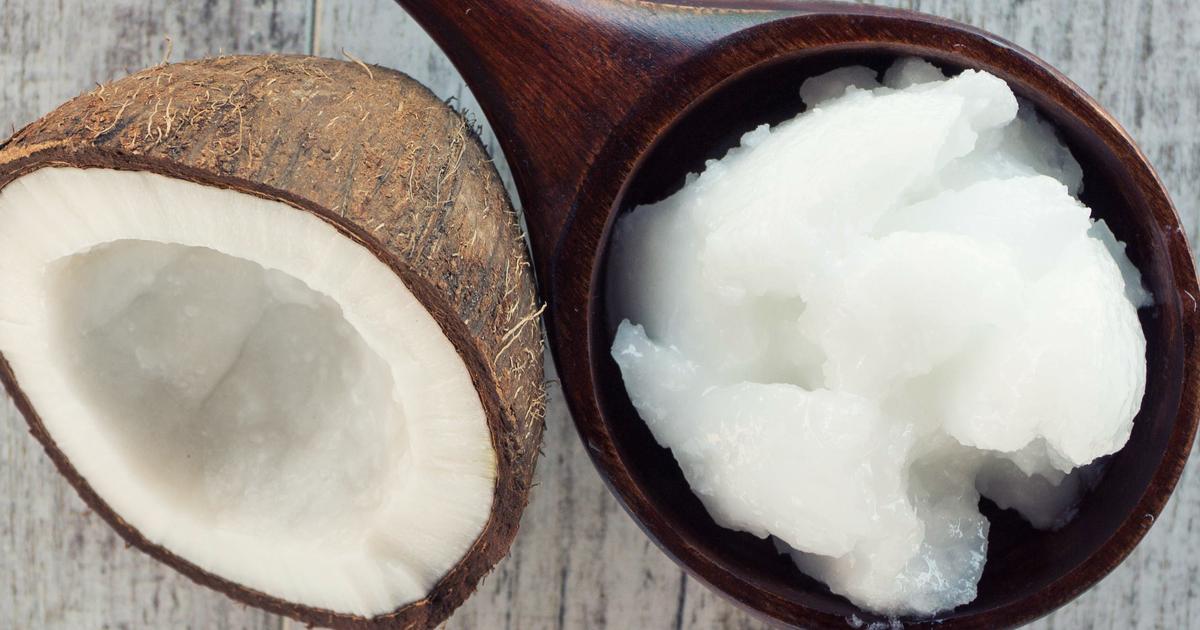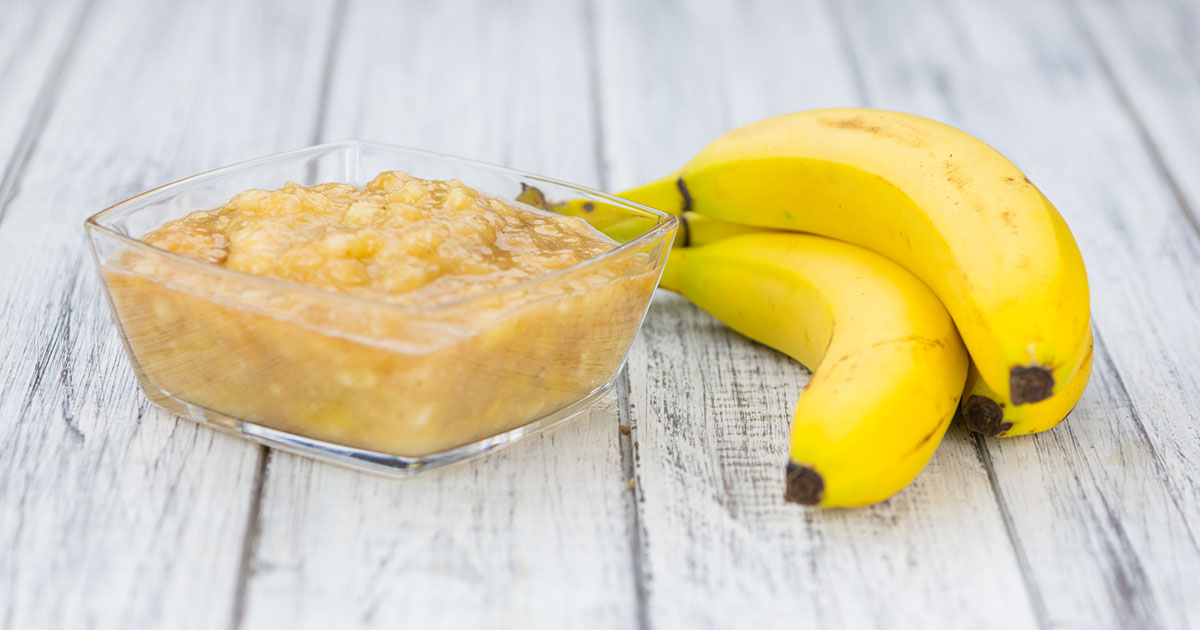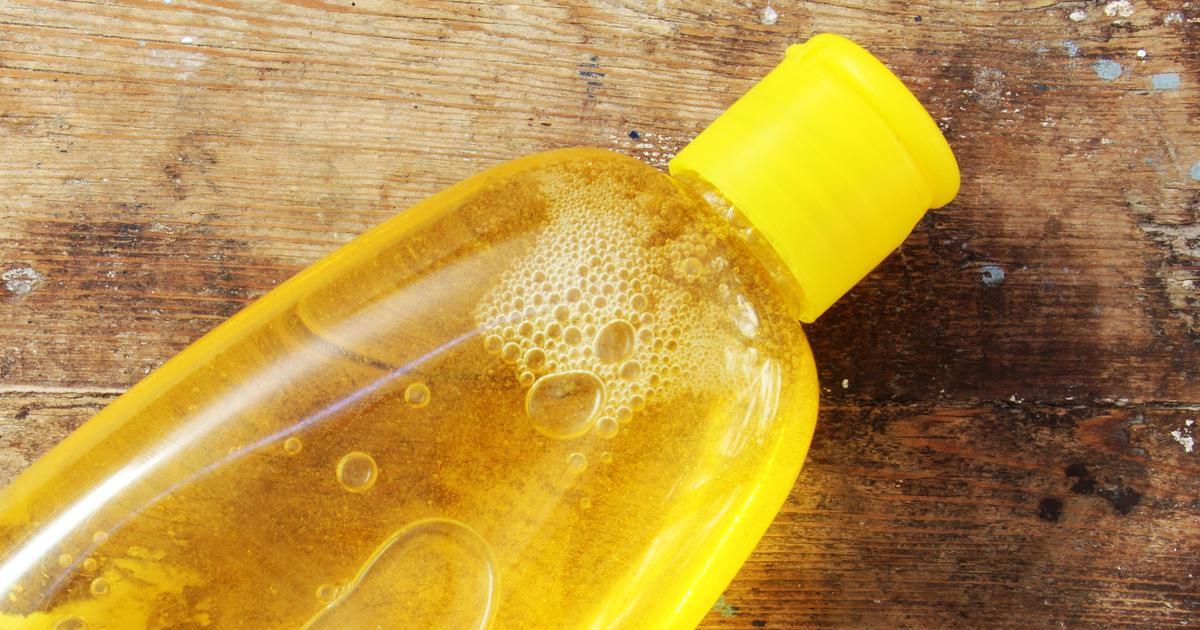Amazing Home Remedies For A Dry Scalp
Many individuals deal with a dry scalp at some point in their lives. The hallmark sign of a dry scalp is a scalp that feels persistently itchy. Itching excessively can lead to dandruff and flaking, and affected individuals might also experience soreness. In serious cases, a dry scalp can cause hair loss. Several different things can cause a dry scalp. Most commonly, the skin will dry out because of a harsh chemical in hair products or a change in the weather. Being dehydrated can also cause dryness, and in some cases, an underlying medical condition like psoriasis and eczema can cause the dryness.
The good news is there are some home remedies individuals can use to alleviate the itching and moisten a dry scalp. Get to know them now.
Apple Cider Vinegar

Apple cider vinegar has long been touted as a way to resolve scalp issues, including excess dandruff. The theory is the acidity of the vinegar helps restore the pH balance in an individual's scalp. When the pH balance of any portion of an individual's body is off, different growths can form. In the case of dandruff, an imbalanced pH level can cause a fungus called Malassezia furfur to grow. This fungus, similar in structure to yeast, can cause the scalp to flake and have excess dandruff. Apple cider vinegar may not work for dryness that doesn't have associated dandruff, since this is likely not caused by the fungus. To treat the scalp with apple cider vinegar, individuals should dilute vinegar by mixing a little bit of it with a significant amount of water. They should then pour the mixture into a spray bottle and spray it gently over their scalp and hair. Individuals should leave the mixture on their head for anywhere from fifteen to sixty minutes before rinsing it out. Advocates of apple cider vinegar treatment recommend doing this one or twice each week.
Read more about natural remedies for a dry scalp now.
Coconut Oil

Some individuals use coconut oil as an alternative, natural skincare product. It's a good choice if individuals want to avoid the harsh chemicals in mainstream products. The core of the oil is moisture, which makes it ideal for individuals with a dry and itchy scalp. Individuals can also use coconut oil on dry skin on other portions of their body. If individuals have dandruff and flaking skin, coconut oil may be able to moisturize their skin enough to reduce or stop the accumulation of dandruff.
One study showed coconut oil was more helpful for children with eczema than traditionally-used mineral oil. The theory behind this is coconut oil was able to penetrate below the top layer of skin to provide deeper moisturizing. In addition, coconut oil has lauric acid, an antimicrobial product that can target fungus and bacteria. Malassezia furfur is supposed to be present in small quantities on the scalp, but too much can cause flaking. Some research indicates coconut oil has properties that reduce pain and inflammation, making it a good choice if an individual's dry scalp is caused by a painful or itchy skin disease like psoriasis.
Get more details on home remedies for a dry scalp now.
Mashed Bananas

Mashed bananas are a remedy for more than just a dry scalp. This fruit also has properties that can help repair and moisturize damaged, dry, brittle hair. Individuals massaging mashed bananas through their scalp and hair will provide their hair with vitamin B5, magnesium, and vitamin C. Vitamin B5 is famous for strengthening hair while making it soft and shiny. If individuals are going to repair their hair using natural ingredients, bananas should be one of the first fruits they turn to. A hair mask made of mashed bananas can also promote faster hair growth, and it may help with thinning hair, though the results on this aren't conclusive. Individuals can make a hair mask by mashing up a few overripe bananas if they want to go the simple route. If individuals want to add more moisturizing properties to the mask, they should mix in a few tablespoons of coconut oil, honey, and lime juice. For additional volume and body, they should add an egg yolk and egg white.
Uncover more options for naturally treating a dry scalp now.
Stop Using Products With Sulfates

If individuals are noticing abnormal scalp dryness and residue on their hair, the culprit may be sitting in their shower. The first thing individuals should do to combat a dry scalp is to stop using products with sulfates. Sulfates, a kind of surfactant, are substances that cause shampoo to become sudsy. Surfactants are in foaming agents, emulsifiers, and certain detergents. A sulfate attracts water and oil, allowing for dead skin cells and grim to be sucked up by the shampoo and washed away. Unfortunately, sulfates also strip the natural oil found on an individual's scalp and hair, leading to hair dryness and brittleness. If individuals have a sensitive scalp, stripping the oil can cause it to become dry, itchy, and red. Individuals should try switching to a sulfate-free shampoo and conditioner to see how it benefits their scalp and hair.
Continue reading to reveal more home remedies for a dry scalp now.
Don't Wash Hair Daily

One mistake some individuals make is washing their hair every day, but to avoid damage and dryness, individuals shouldn't wash their hair every day. Even if individuals shower daily, they shouldn't use their shampoo and conditioner every day. Different hair and skin types need to be washed with different frequencies, but experts say no type of hair needs daily washing. Daily washing strips away the natural oils in hair, leading to a dry scalp. To combat the dryness, the individual's skin produces more sebum, which causes their hair and scalp to be greasy. It's a vicious cycle of dryness followed by grease followed by more dryness. The texture of an individual's hair affects how often they need to wash it. Those with coarse and curly hair don't need to wash as often, because it takes longer for grease to travel from the roots to the ends of the hair. Fine and straight hair might need to be washed every two to three days.